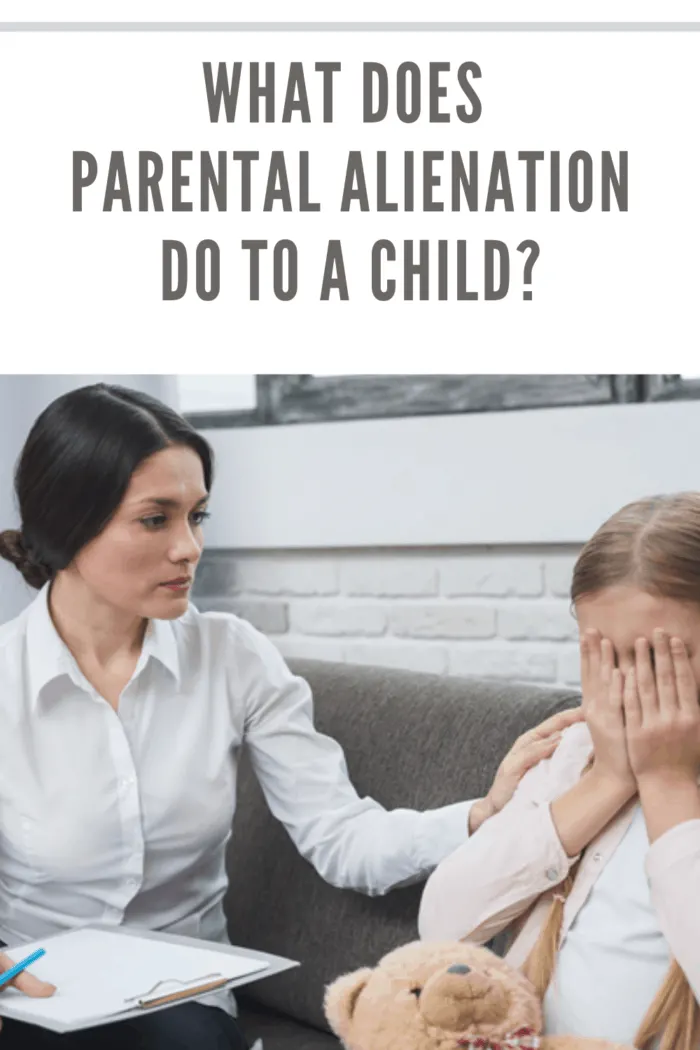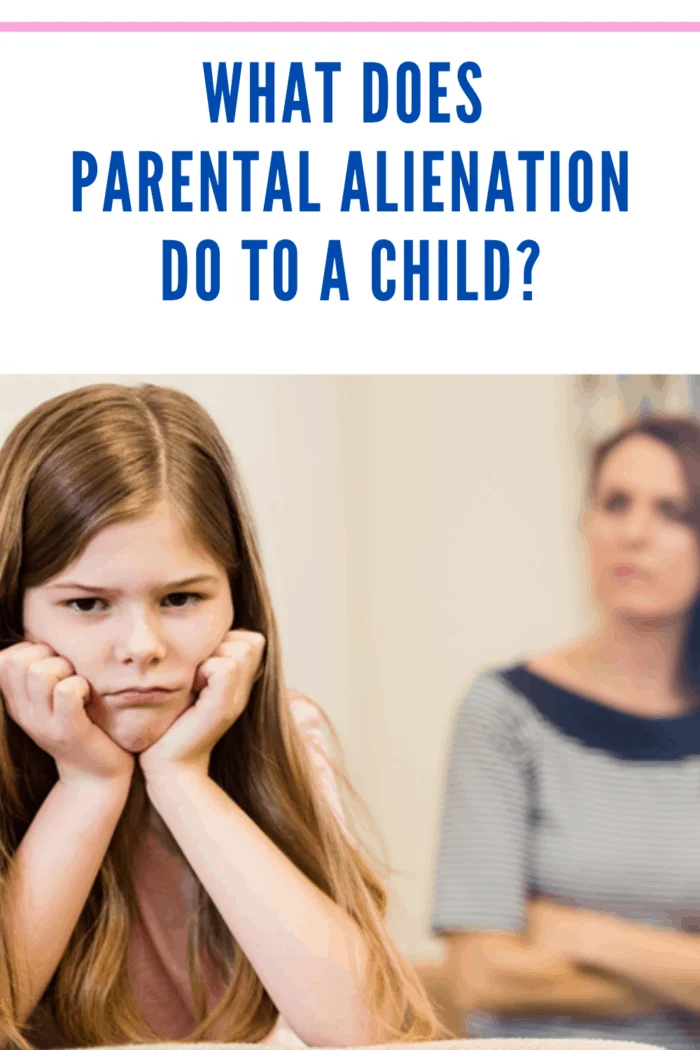Separation and divorce are difficult enough, but it can get complicated when you have children together. Unfortunately, it is not unusual for one parent to turn the children against the other parent. This is known as parental alienation, and it can be difficult to prove.

What is Parental Alienation?
Parental alienation occurs when one parent uses strategies like alienating, programming, or brainwashing to either turn them against the other parent or distance them from the other parent in some way.
If your child’s other parent often makes false, misleading, or negative statements about you to the child, they may be engaging in parental alienation.
Is Parental Alienation Real?
Parental alienation is an elusive claim. The concept was developed by Richard Gardner, a child psychologist, who documented behaviors in children who were subjected to brainwashing or other methods to try to convince the child that one parent was “bad” and the other was “good.”
Although parental alienation is not an official psychological syndrome, the Diagnostic and Statistical Manual of Mental Disorders (DSM-5) lists a condition called “child affected by parental relationship distress,” indicating that child psychologists are aware that a parent and child relationship that is damaged can lead to mental health issues in a child.
What Are Examples of Parental Alienation
Parental alienation may be subtle, or it may be outrageous.
It could be a father who tells a child that their mother doesn’t have time for them because she has a new boyfriend or a mother telling them that their father doesn’t love them anymore.
If a child is repeatedly told that one parent is “bad,” they will eventually begin to believe it.
Some of the symptoms that may indicate parental alienation include:
A child who constantly criticizes one parent over another
A child who cannot provide specific examples of criticism of the parent or only provides false information
A child who only has negative feelings about one parent over the other and cannot name the redeeming qualities of that parent
A child who shows unwavering support for one parent over another
A child who uses adult language when referring to situations involving one parent over another
A child accuses a parent of doing something negative before the child was even born or when the child was not present
A child’s hatred expands from the parent to other family members, such as grandparents or cousins

The Impact of Parental Alienation on a Child
What children want from their parents is to be loved and protected.
They want to be shielded from the conflicts between the two people who are supposed to love them the most.
Children do not want to take sides in their parents’ issues, and there is clear evidence that parental alienation is abusive to children.
Some of the results of parental alienation on children include:
- Depression
- Lack of trust
- Low self-esteem
- Self-hatred
- Substance abuse
Psychology Today says that self-hatred occurs because children internalize the hatred between the two parents, and they begin to believe that the alienated parent never loved them.
In severe cases, they may suffer from depression and guilt over the loss of a parent without the opportunity to grieve that loss.
They often have distant relationships, even into adulthood, with the alienated parent.
Some may actually become alienated from their own children if the parental alienation is severe.
Children who suffer from parental alienation are susceptible to post-traumatic stress disorder.
Psychologists state that hatred in children is not a natural instinct, and if a child expresses hate, they are more than likely to be taught to hate, says Psychology Today.
Children may actually identify with the alienating parent in order to avoid the pain that could develop should they try to develop a relationship with the alienated parent.
If you believe your ex-spouse is using parental alienation to come between you and your children, schedule a consultation with an attorney.
They can help you repair the relationship with your children and stop the alienation before it causes permanent damage.
Resources:
https://farzadlaw.com/child-custody/how-do-you-prove-parental-alienation
https://www.healthychildren.org/English/ages-stages/gradeschool/Pages/Signs-of-Low-Self-Esteem.aspx
